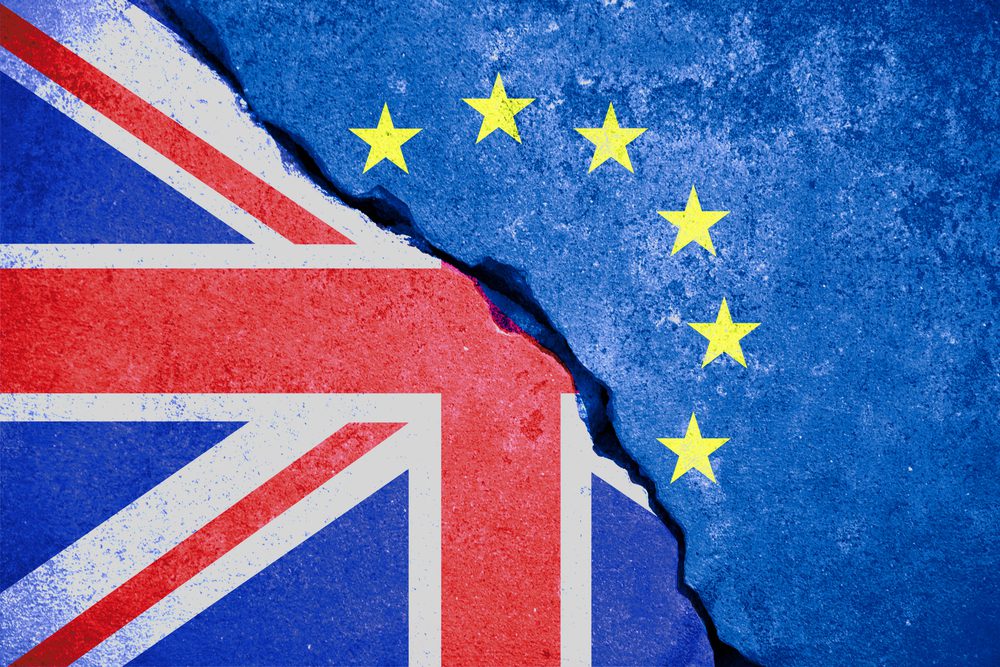donfiore/Shutterstock
 By Jonathan Saul LONDON, Nov 1 (Reuters) – Cargo shippers are diverting goods to more ports across Britain to ensure stable supply lines due to uncertainty over whether the UK will leave the European Union without an agreement, a top port executive said.
By Jonathan Saul LONDON, Nov 1 (Reuters) – Cargo shippers are diverting goods to more ports across Britain to ensure stable supply lines due to uncertainty over whether the UK will leave the European Union without an agreement, a top port executive said.
Brexit has been delayed for a third time, until the end of January, and Britain is headed for a snap general election in December designed to break the impasse.
The European Union’s Brexit negotiator Michel Barnier this week said there was still a risk that Britain could exit the bloc chaotically with no divorce agreement.
In the meantime, Peel Ports – the UK’s second-largest port operator – has seen more cargo traffic shifting to other gateways in an effort to avoid overdependence on Dover in southern England, which is Europe’s busiest ferry port.
Peel Ports chief executive Mark Whitworth said the group had witnessed an increase in TEU (20-foot equivalent unit) container volumes as importers switch to using box containers rather than trucks to alleviate dependence on ports such as Dover.
Dover is the biggest UK port that can handle trucks, which are shipped in special roll-on, roll-off carriers. Using box containers instead allows more delivery options.
“We are seeing it twofold – through the container flows into our ports and an uplift of broadly around 6% (year-on-year) certainly through our BG shipping line,” Whitworth said, referring to its freight company that operates between the continent, the UK and Ireland.
“What you are seeing is a migration towards more unitised cargo,” he told Reuters. “Therefore they have a wider choice of points of entry.”
Privately owned Peel Ports, whose terminals include Liverpool in the north of England and Sheerness and Chatham in the south, has annual container volumes of over 1.2 million TEUs.
To try to avoid disruption, countries including France and the Netherlands – which have major port connections with Britain – continue to work on contingency measures including hiring more veterinarians to oversee the handling of livestock.
Whitworth said Peel Ports had upgraded some 20 acres of space in recent weeks around various port facilities to ensure there was enough capacity, helped by a UK government investment initiative to boost readiness at ports across the country.
He added that warehouses around the group’s ports were broadly full due to stockpiling by customers.
“You are generally finding that warehousing has been at a premium for some time – there is very little spare capacity of any significance,” he said.
Whitworth said its port areas in Sheerness and Great Yarmouth, in eastern England, had stocks of cars that were not being sold on.
“We are full and it’s not moving from a business point of view,” he said.
British car output dropped by an annual 3.8% in September partly due to worries about a no-deal Brexit, industry body SMMT said this week. (Editing by Dale Hudson)
(c) Copyright Thomson Reuters 2019.

 Join The Club
Join The Club











